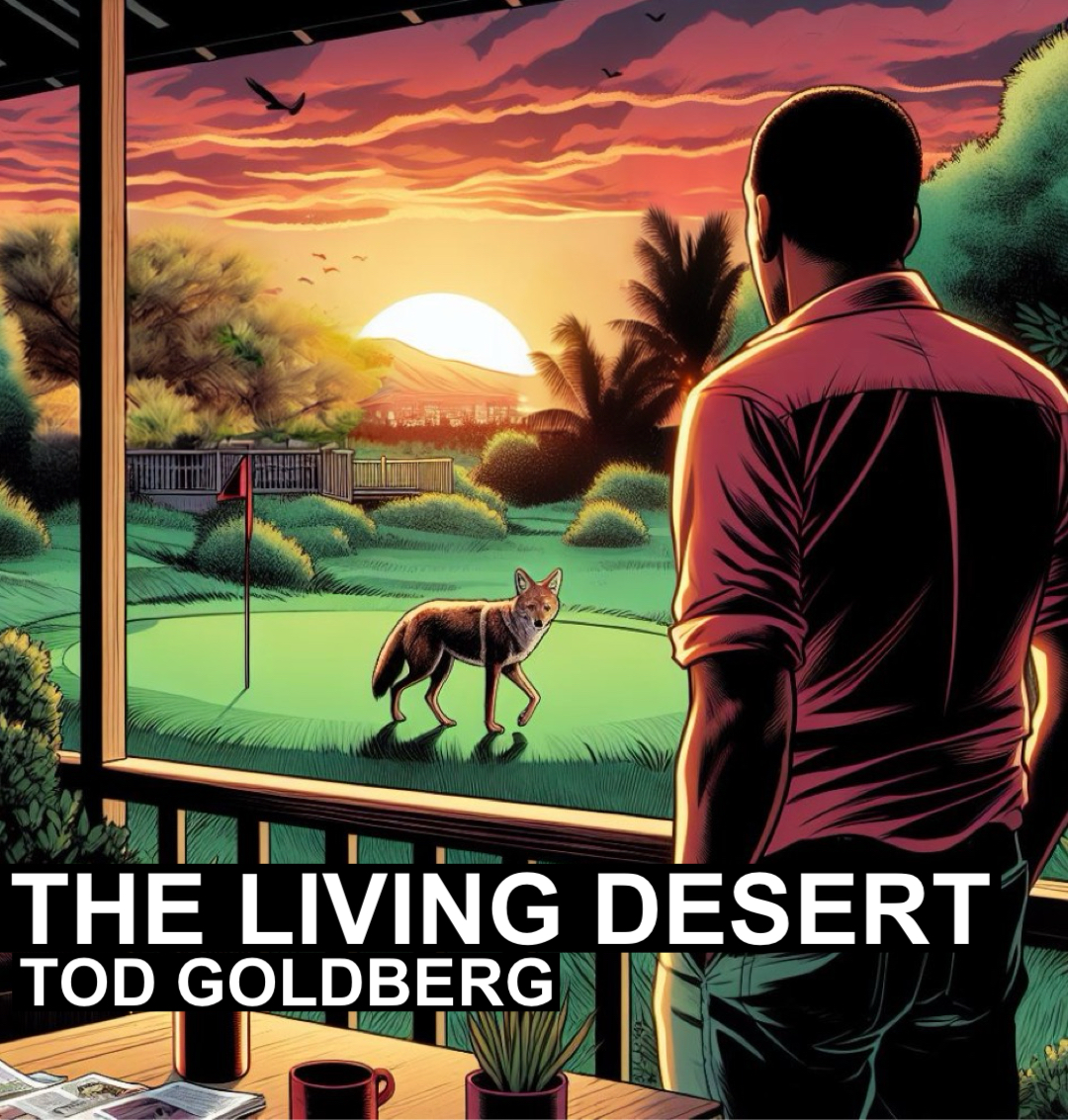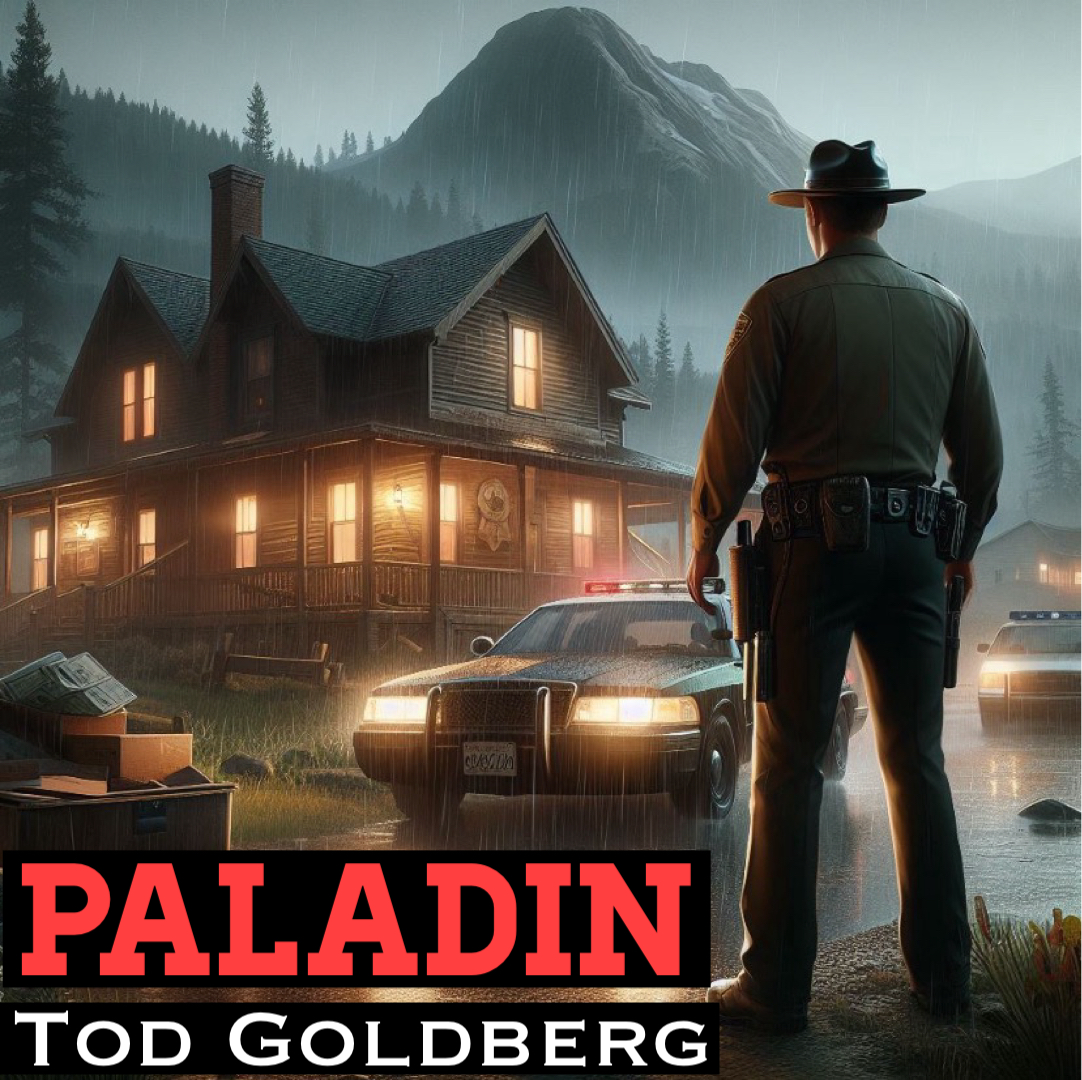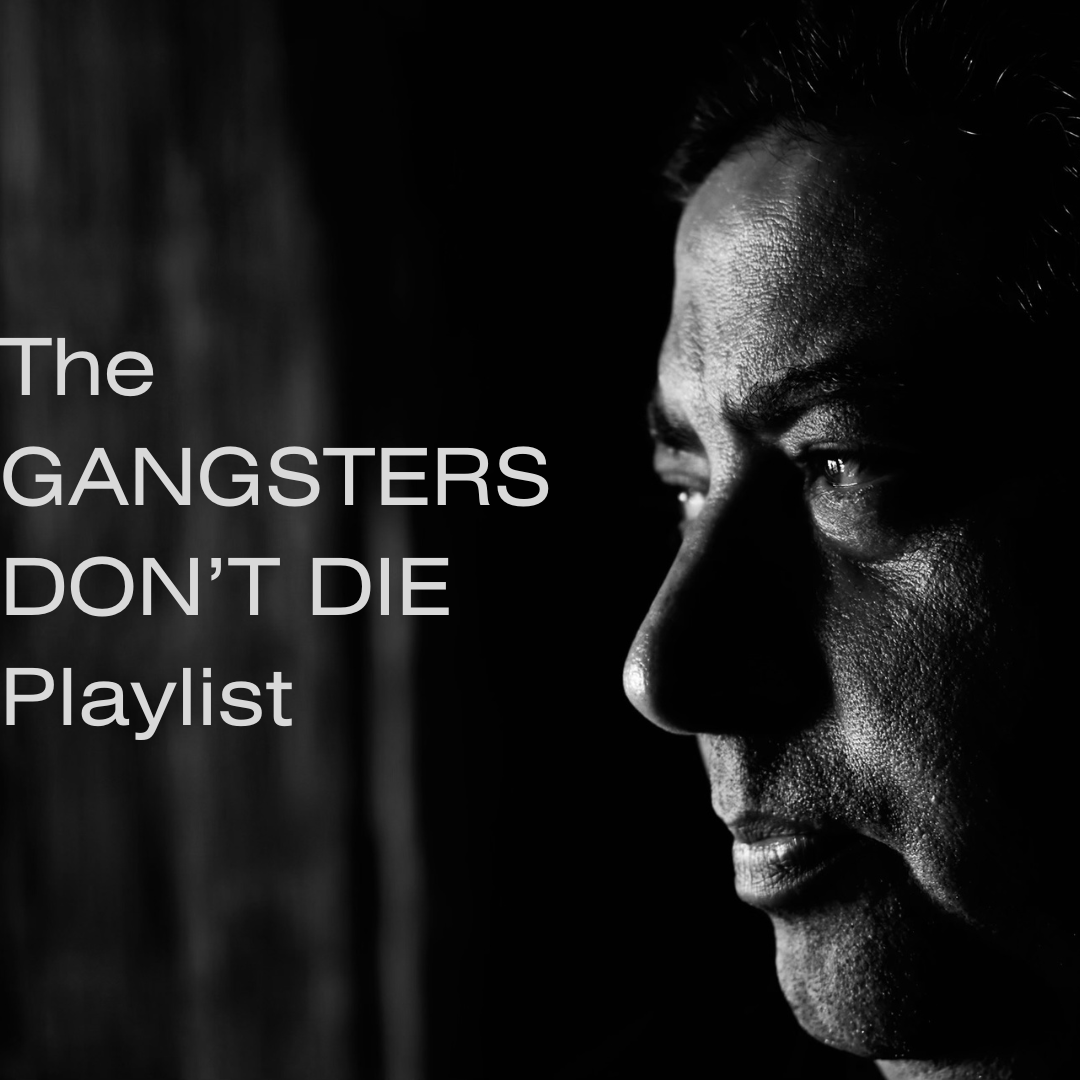A great story in Ploughshares maps the lineage of contemporary mobster fiction:
I’ll admit that Humboldt’s Gift isn’t a crime novel. Saul Bellow writes about men coming to terms with their own minds, not with the need to whack rival mob bosses. But Charlie Citrine, the protagonist, spends much of the book evading a Chicago gangster named Rinaldo Cantabile, to whom he owes money, but who mainly wants to be his friend. Cantabile is inescapable, and that is one of the great themes of Mob literature. Once you’re in, you can’t get out. Your boss, your family, your crimes—there’s always a shadow in a Mafia novel, creeping behind the main character, waiting to pounce.
In Nick Pileggi’s Casino, that shadow is Tony Spilotro, Lefty Rosenthal’s unreliable, too-aggressive best friend. (That’s Nicky Santoro and Ace Rothstein, respectively, in the movie.) In Gangsterland, Tod Goldberg’s new novel, Las Vegas rabbi David Cohen can’t escape the fact that he was once Chicago hit man Sal Cupertine—or the FBI agent hunting Cupertine down. The Camorra is a constant presence in Elena Ferrante’s Neapolitan novels, though the main characters, Elena and Lila, treat the camorristas in their neighborhood as an annoyance more than a threat. Art Bechstein, the protagonist of Michael Chabon’s debut The Mysteries of Pittsburgh, is annoyed as hell at the Mafia, too—or, to be specific, he’s annoyed at his father, the gangster.




